Log in
Statistics
We have 477 registered usersThe newest registered user is гераскинс
Our users have posted a total of 48009 messages in 7050 subjects
THAT’S ENTERTAINMENT
CLICK ON ANY OF THESE LINKS TO FIND OUR EXTREME ENTERTAINMENT
UPDATED :
71 WGT TUTORIALS & 32 YOUNG46 TUTORIALS
CLICK HERE TO SEE OVER 100 YOUTUBE VIDEO TUTORIALS . FROM WGTers , WGT & YOUNG46 FORUM UPDATE
TO THE MANY WELCOME GUESTS . THIS FORUM IS NO LONGER A COUNTRY CLUB WEBSITE FOR A WGT COUNTRY CLUB . PLEASE FEEL FREE TO READ THE FORUMS.
THERE ARE MANY TOPICS OF INTEREST . OR NOT . THIS WEBSITE IS AN INFORMATION AND ENTERTAINMENT WEBSITE ONLY .
MUCH OF THE CONTENT IS ARCHIVES OF PURPOSES PAST .
THERE ARE SOME MORE CURRENT TOPICS .
REGISTRATION IS NOT NECESSARY TO READ THROUGHOUT .
REGISTRATION IS EASY AND FREE . THIS IS AN AD FREE WEBSITE . NOTHING IS EVER REQUESTED FROM REGISTERED MEMBERS .
REGISTRATION ENABLES COMMENTING ON TOPICS . POSTING NEW TOPICS . FULL ACCESS TO THE WEBSITE IMAGE HOST . WHICH IS A VERY COMPLETE AND CONVENIENT TOOL .
PLEASE ENJOY .
TIER & AVERAGE REQUIREMENTS
BASIC LEVEL AND AVERAGE REQUIREMENTS , AND SATURATION

WHILE YOUR HERE
WHILE YOUR HERE :
CHECK OUT THE INCREDIBLE PHOTOGRAPHY IN
MY SERIES
THIS USED TO BE THE HOME OF OUR WORLD CLOCK . WHICH CAN NOW BE FOUND IN ITS OWN FORUM ON THE MAIN PAGE ..
THERE ARE MORE WORLD CLOCKS INSIDE HERE .
WORLD CLOCK
FB Like
HISTORY FACTS * 7 Ways the Year 1968 Changed America *
Page 1 of 1
 HISTORY FACTS * 7 Ways the Year 1968 Changed America *
HISTORY FACTS * 7 Ways the Year 1968 Changed America *
It’s been referred to as the year that changed America: In 1968, the United States experienced an unprecedented upheaval of long-held values and practices that left an indelible — and still reverberating — mark on the country. Facing the assassinations of beloved leaders, protests against the Vietnam War and racial inequality, and a major shift in media and pop culture, the nation was forced to confront some of its most deeply rooted issues, and evolve in the process. While the year was marked by tragedy and division, it also led to significant progress in civil rights and political activism, inspiring a generation of Americans to fight for equality and justice, and in turn, reshape the country's social landscape. Here are seven events from 1968 that changed America.
Advertisement
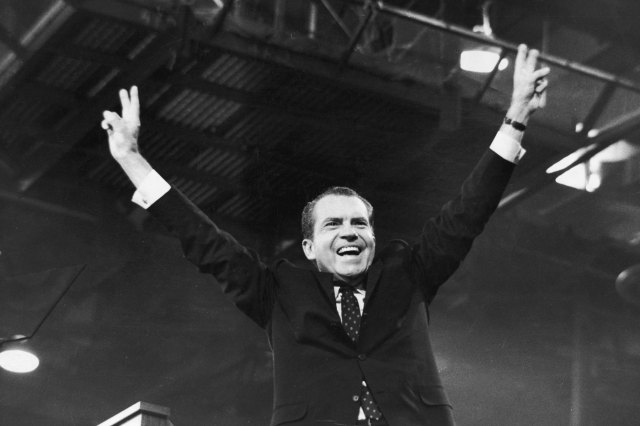
Photo credit: [url=https://www.gettyimages.com/search/photographer?photographer=Washington Bureau]Washington Bureau[/url] / Archive Photos via Getty Images
Richard Nixon Became President After a Divisive Election
The 1968 presidential election is still considered one of the most contentious and divisive elections in U.S. history. In March, President Lyndon B. Johnson announced that he would not be seeking reelection. In the ensuing months, America’s opposition to the Vietnam War escalated, and the stunning assassinations of Martin Luther King Jr. and Robert F. Kennedy sent the country into angry unrest. An already tense political climate was thrown into chaos when anti-war protesters clashed with police outside the Democratic National Convention in Chicago. In the end, a fraught and uninspiring race between Republican candidate Richard Nixon, Democrat Hubert Humphrey, and segregationist George Wallace ended in a victory for Nixon. The contentious nature of the election contributed to a deepening sense of political polarization in the United States.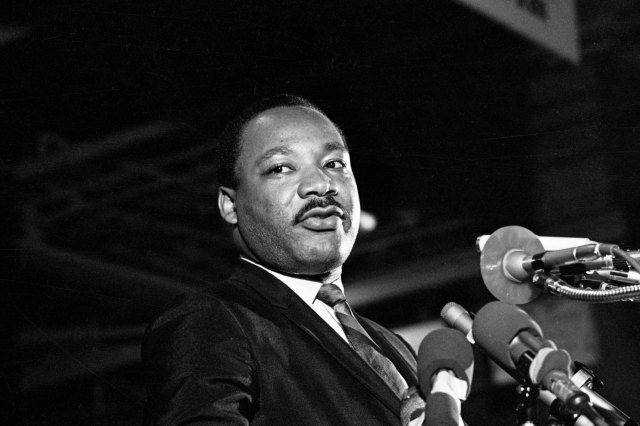
Photo credit: Bettmann / Bettmann via Getty Images
Two Major Leaders Were Assassinated Within Two Months
The assassinations of civil rights leader Martin Luther King Jr. on April 4 and presidential hopeful Robert F. Kennedy on June 6 were two of the most tragic events in American history. The violence shocked not only the U.S. but the world, particularly as it came on the heels of the assassinations of President John F. Kennedy and civil rights leader Malcolm X in 1963 and 1965, respectively. Despite the devastation that followed — and the fear that their progressive voices and visions for the country would be forgotten — the legacies of King and Kennedy continued to inspire and motivate people for decades to come.
King, who led the civil rights movement and helped bring about the landmark Civil Rights Act of 1964 and the Voting Rights Act of 1965, is honored every year on Martin Luther King Jr. Day, and continues to inspire the fight for racial equality and civil rights. Kennedy, in his final years, worked to bridge racial divides, address overlooked class issues, and end the Vietnam War. The senator galvanized a new generation of voters and activists, and his influence is still felt in American politics and social justice causes today.
Related:6 Facts About the Mount Rushmore Presidents
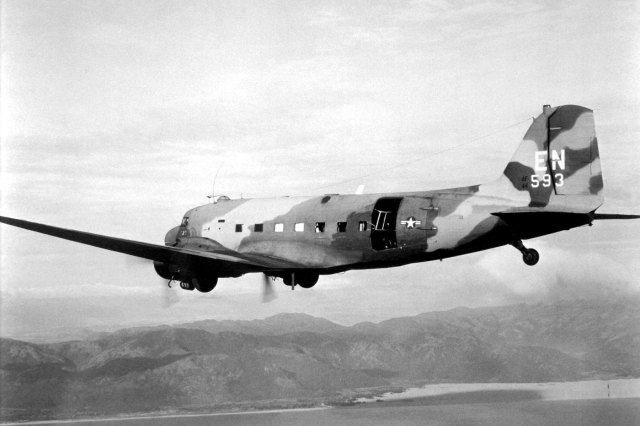
Photo credit: [url=https://www.gettyimages.com/search/photographer?photographer=Pictures from History]Pictures from History[/url] / Universal Images Group Editorial via Getty Images
The Tet Offensive Turned More of the Country Against the Vietnam War
The year 1968 began with the U.S. still embroiled in the long-running war in Vietnam, and the American public’s growing fatigue came to a head following North Vietnam’s deadly January 30-31 Tet Offensive attack on South Vietnamese and American forces. The widespread attack during the Lunar New Year holiday Tet made it clear to the American public that victory in Vietnam was not near, and confidence in the United States’ progress overseas began to falter. It faded faster still when respected broadcaster Walter Cronkite vocally opposed the war in a national television broadcast on February 27. Mass protests against the continued involvement unfurled across the country in the ensuing months. The occasionally violent unrest influenced the country’s eventual withdrawal from Vietnam in 1973, and the youth-led anti-war protests changed the face of civic engagement, fueling other historical grassroots activism such as the growing feminist movement and the rise of environmentalism.
Advertisement
Advertisement
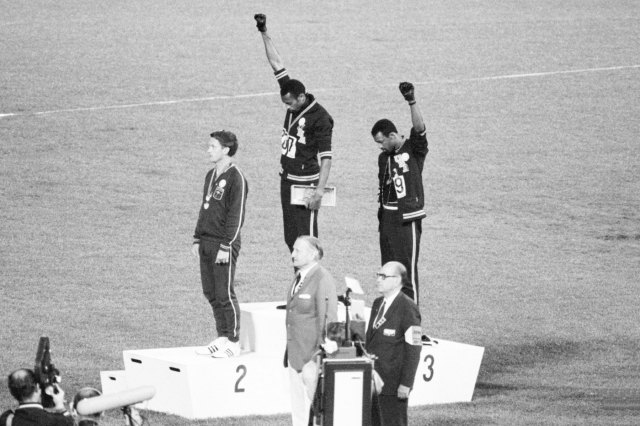
Photo credit: Bettmann / Bettmann via Getty Images
Two American Athletes Protested Racial Inequality at the Olympics
Despite the tragedy of Martin Luther King Jr.’s untimely death, those influenced by his nonviolent activism continued to fight for racial and class equality. One of the most memorable protests took place at the 1968 Olympics in Mexico City. As American track and field athletes Tommie Smith and John Carlos took the podium to receive their respective gold and bronze medals, they each raised a gloved fist during the U.S. anthem in a symbolic gesture of solidarity with the Black Power movement. Smith and Carlos faced intense backlash and criticism from the media and the public, but their protest remains an enduring symbol of resistance and solidarity in the struggle for civil rights and social justice.
Related:6 Facts About the Mount Rushmore Presidents
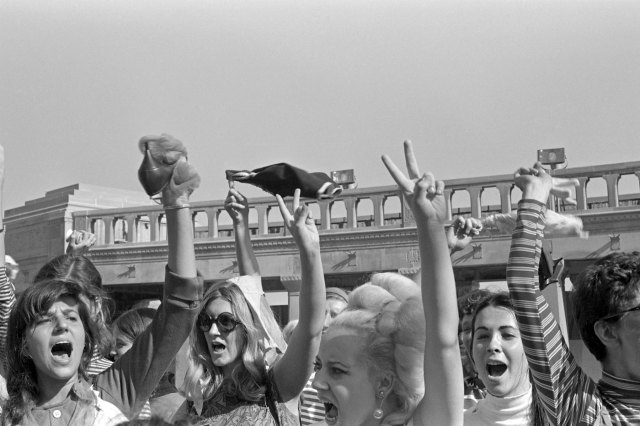
Photo credit: [url=https://www.gettyimages.com/search/photographer?photographer=Bev Grant]Bev Grant[/url] / Archive Photos via Getty Images
A Miss America Protest Birthed the Image of the “Bra-Burning” Feminist
The iconic image of the “bra-burning” feminist was born in this monumental year, irreversibly putting women’s rights in the mainstream conversation. On September 7, 1968, protesters marched against the objectification of women outside a Miss America beauty contest in Atlantic City, New Jersey. They threw oppressive items such as bras, makeup, and high heels into a "freedom trash can," and while the bras were never actually burned, the demonstration ensured that the phrase “women’s liberation” gained national attention for the first time. The seminal moment was also a prescient introduction to intersectional feminism issues: Nearby, a Miss Black America pageant was also held in protest, as the official pageant had, to date, not included an African American contestant (the first Black woman would compete two years later).
Advertisement
Advertisement
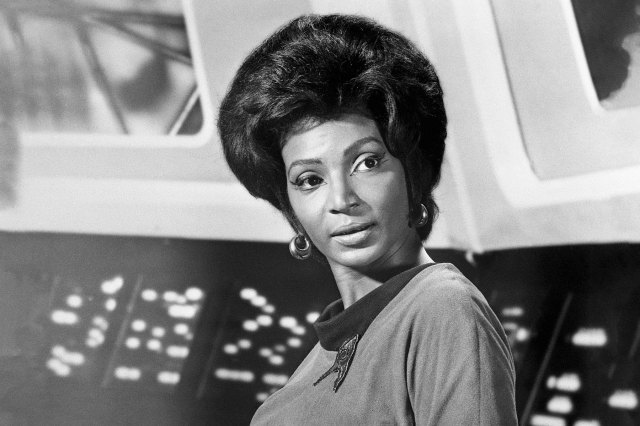
Photo credit: Bettmann / Bettmann via Getty Images
“Star Trek” Aired an Interracial Kiss on Television
Much like the social and political upheaval that dominated 1968, popular culture had its own memorable and impactful moments that year. Given the racial tensions in the country, it was seen as revolutionary when the popular sci-fi series “Star Trek” aired the first romantic kiss between a white person and a Black person on American television, between Captain Kirk (William Shatner) and Lieutenant Uhura (Nichelle Nichols). (The response was largely positive.)
The year 1968 also marked the release of Stanley Kubrick’s film 2001: A Space Odyssey, revolutionizing science fiction and special effects in film. The sci-fi epic inspired influential filmmakers such as George Lucas and Steven Spielberg, who both went on to define entertainment in the ensuing decades. (Presciently, the film also introduced audiences to friendly AI virtual assistants.) Onstage, The Boys in the Band opened off-Broadway, offering a realistic and humanizing look at the then-underrepresented LGBTQ+ community. The play is often cited as a groundbreaking work that helped pave the way for greater visibility and acceptance of LGBTQ+ people in American culture.
Related:6 Facts About the Mount Rushmore Presidents
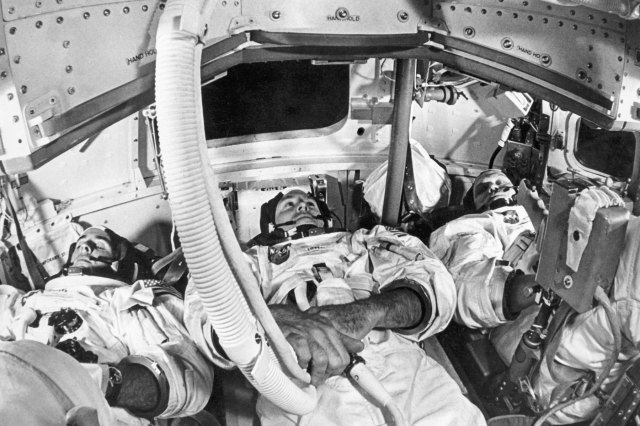
Photo credit: Keystone-France / Gamma-Keystone via Getty Images
Apollo 8 Became the First Manned Spacecraft to Orbit the Moon
On December 24, 1968, as one of the most tumultuous years in American history drew to a close, NASA's Apollo 8 mission became the first manned spacecraft to orbit the moon, marking a major milestone in space exploration and providing an uplifting moment for the country. The three-man crew — Frank Borman, Jim Lovell, and Bill Anders — broadcast parts of their six-day lunar voyage on live television. Their lunar orbit, which aired in prime time on Christmas Eve, is said to have been watched by a billion people — one out of every four people on the planet at the time. The orbit also resulted in the enduring “Earthrise” photo, showing a sliver of planet Earth peering out from beyond the moon. The mission was not only a success, but a marvel that united and inspired a weary country. Apollo 8, it was said, had saved 1968.
 Similar topics
Similar topics» HISTORY FACTS * The ad that changed advertising *
» HISTORY FACTS * What is America's oldest cultural institution? *
» HISTORY FACTS * The year without a summer *
» HISTORY FACTS * The year that lasted 445 days *
» HISTORY FACTS * This President was snubbed for Person of the Year *
» HISTORY FACTS * What is America's oldest cultural institution? *
» HISTORY FACTS * The year without a summer *
» HISTORY FACTS * The year that lasted 445 days *
» HISTORY FACTS * This President was snubbed for Person of the Year *
Page 1 of 1
Permissions in this forum:
You cannot reply to topics in this forum
 Events
Events








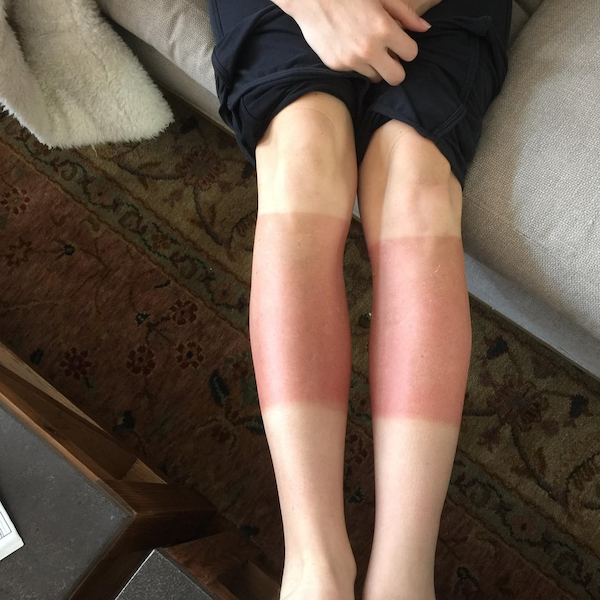



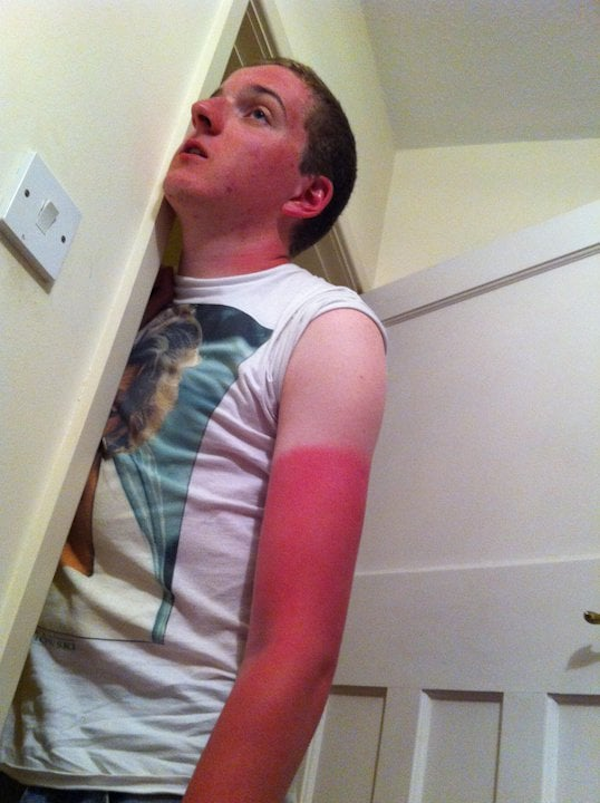

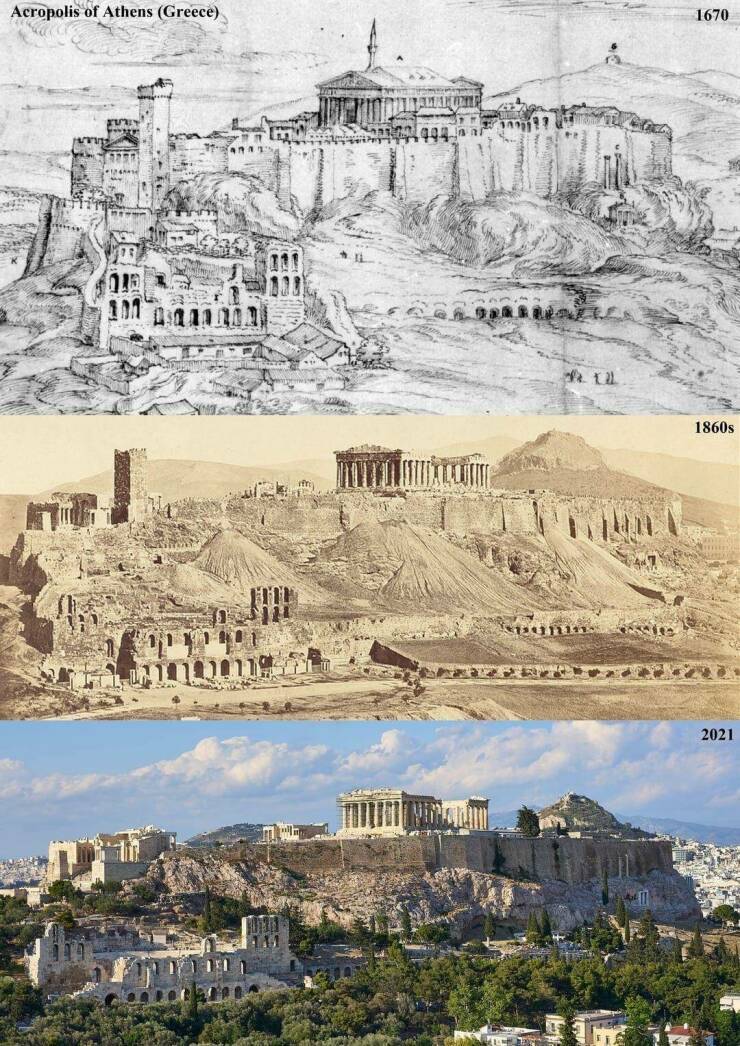
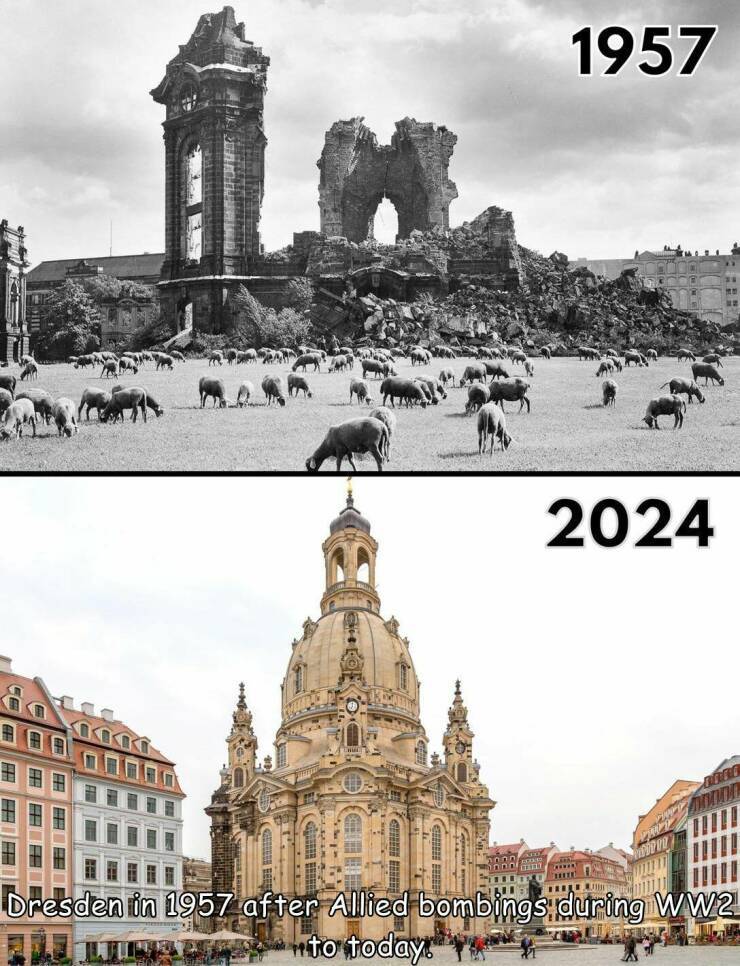



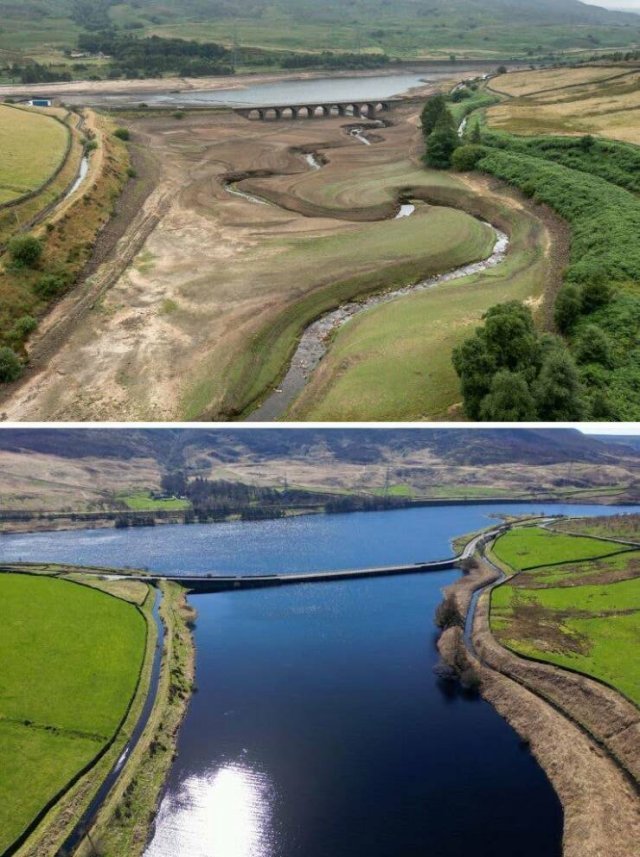

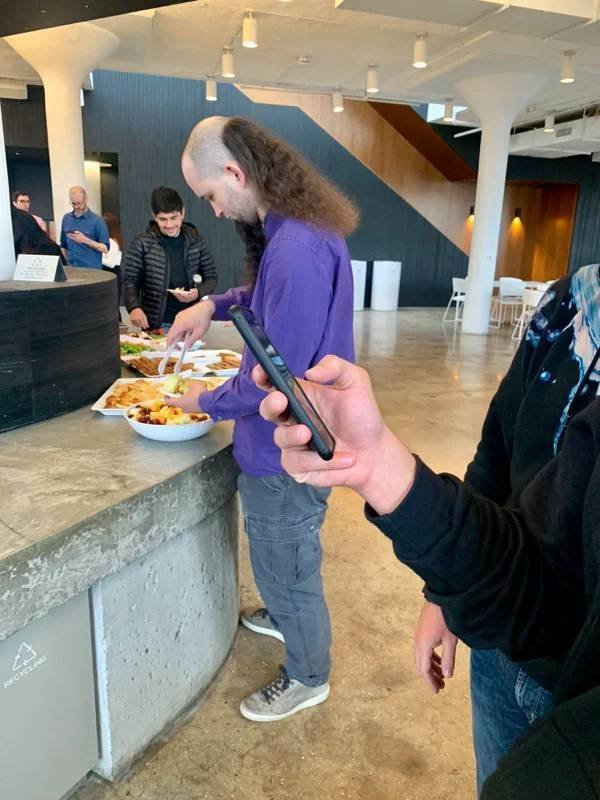





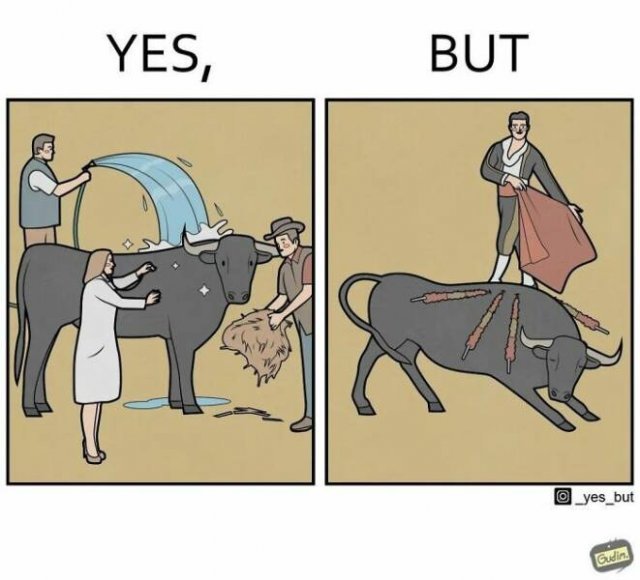


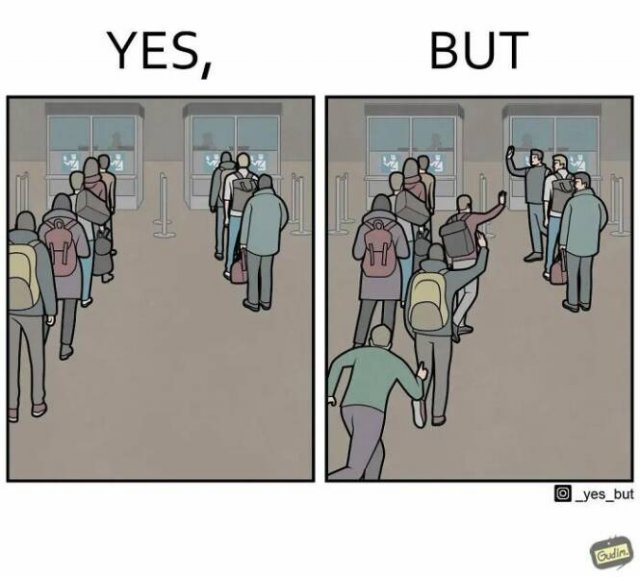

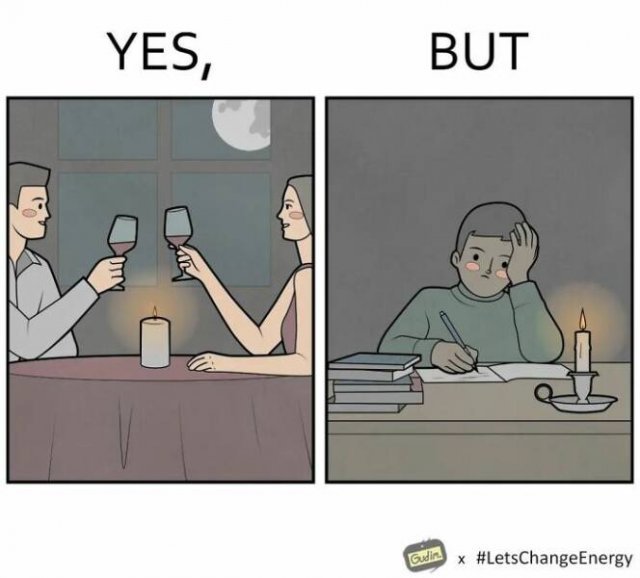
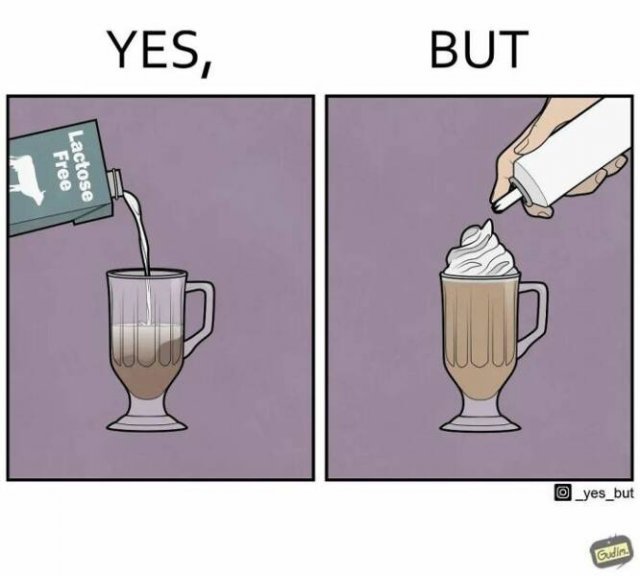

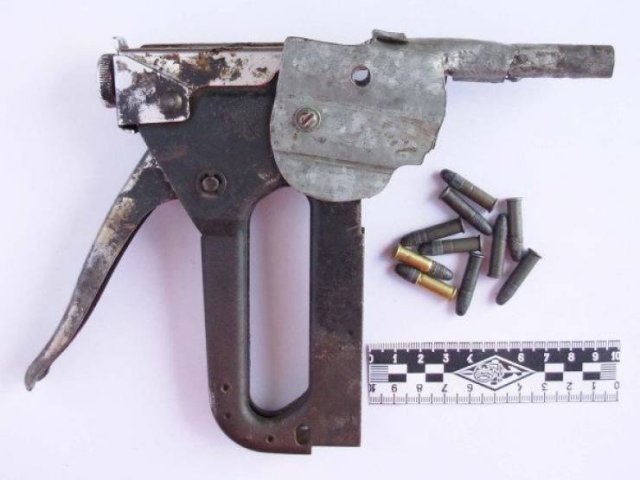

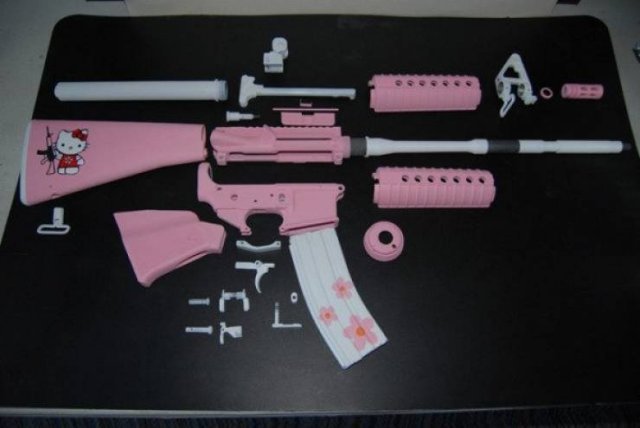



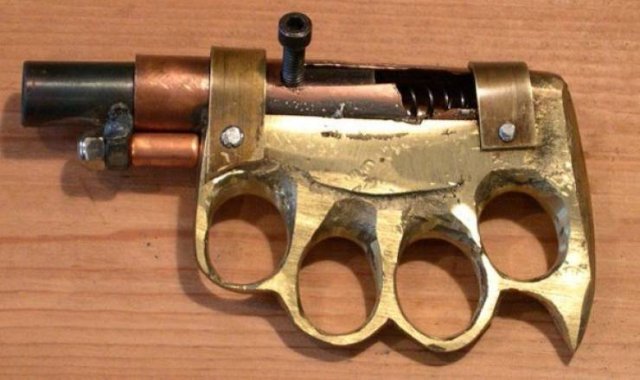
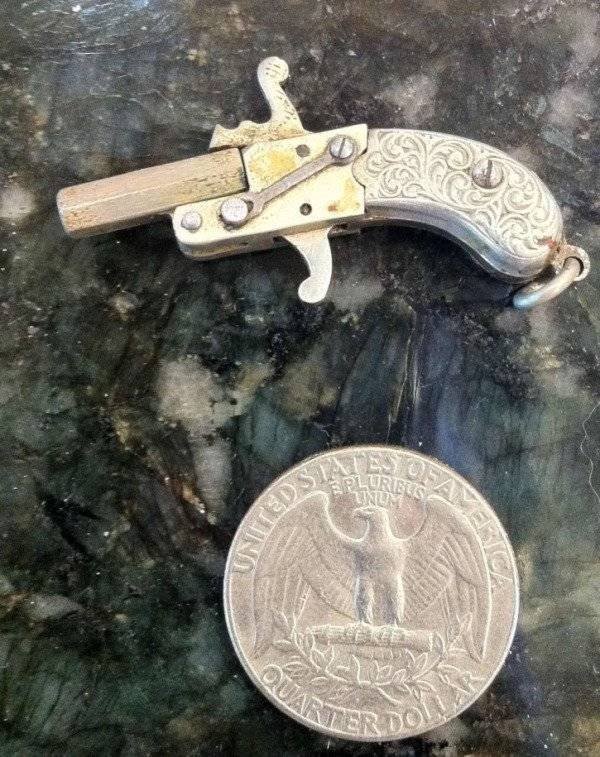
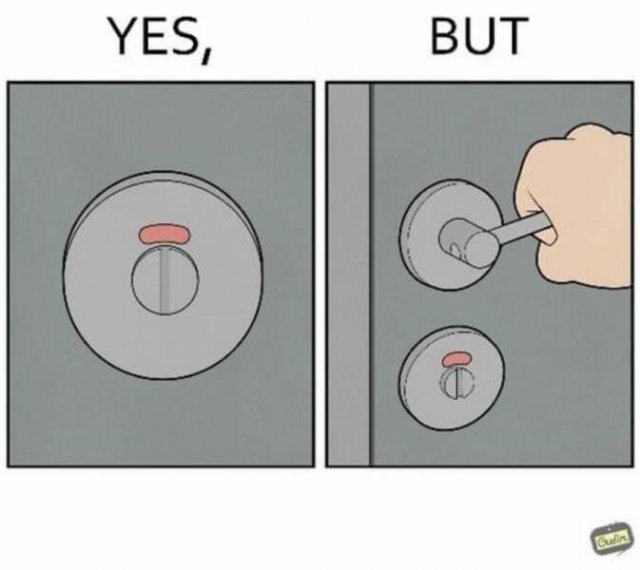



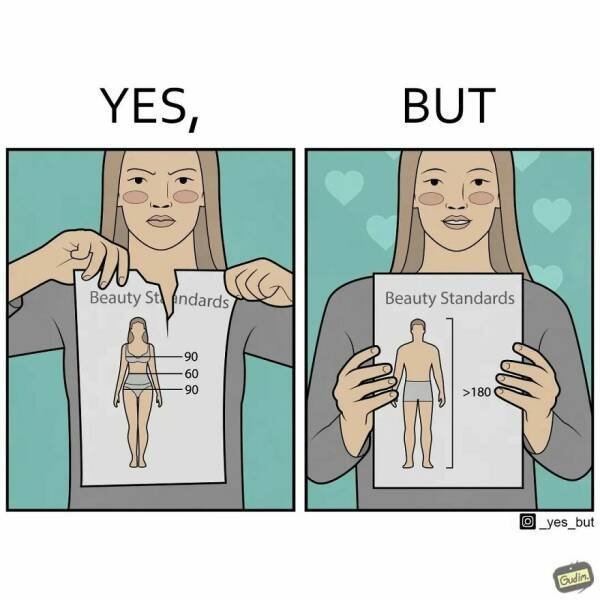


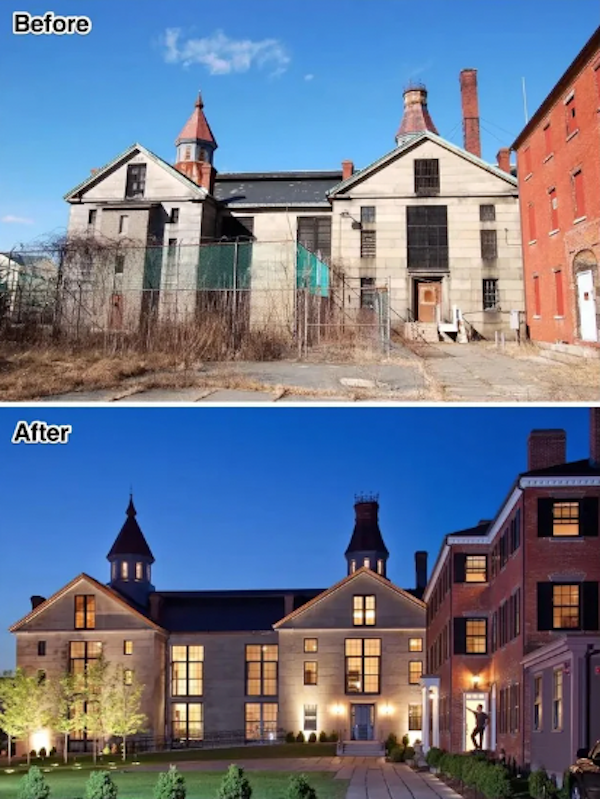
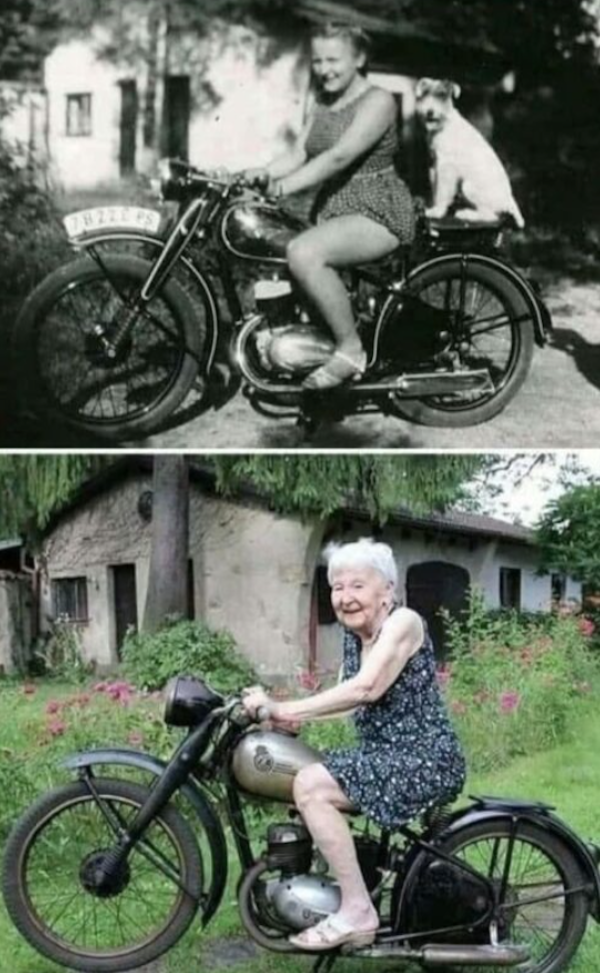










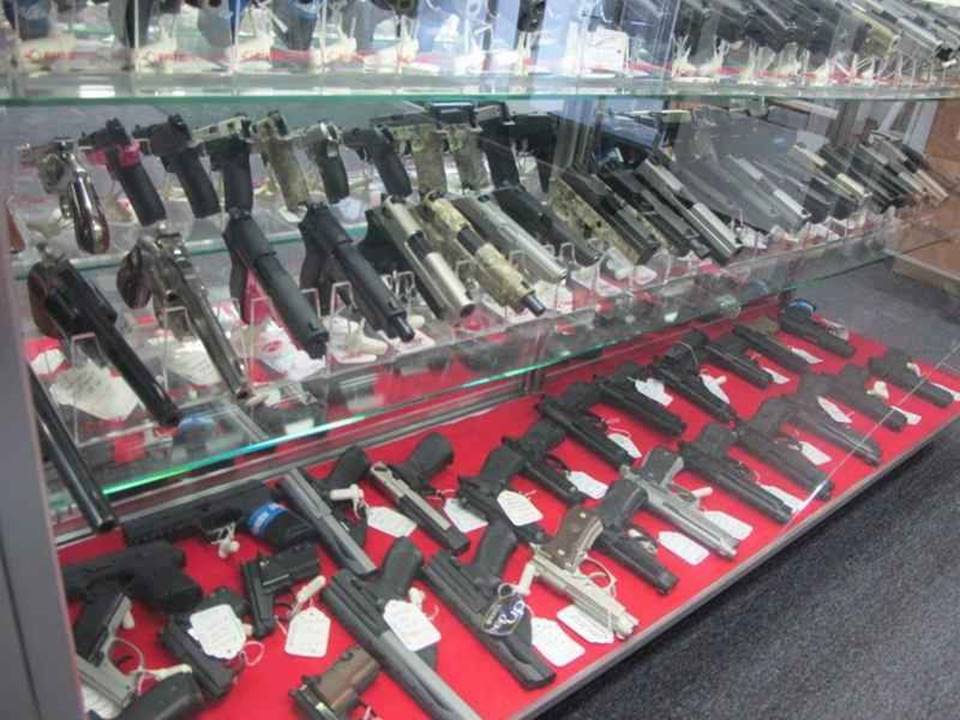



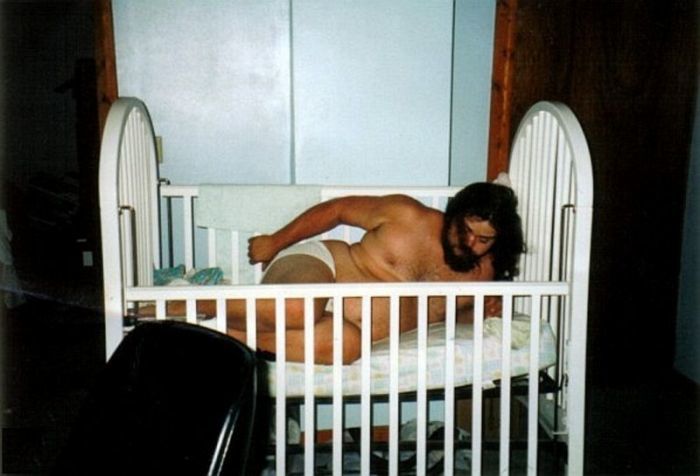

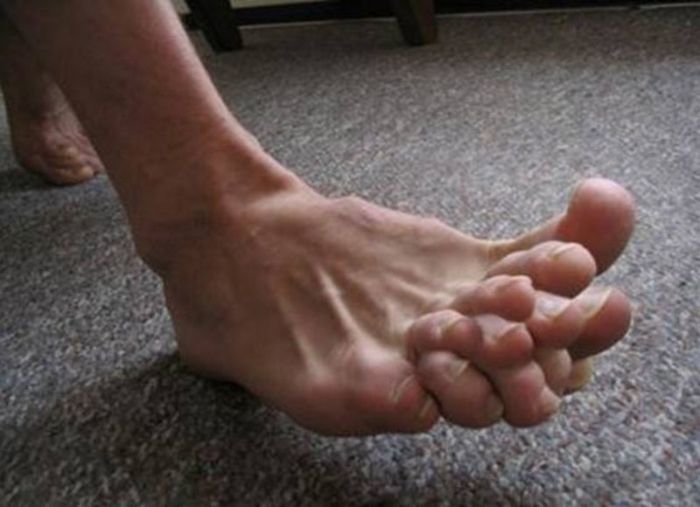

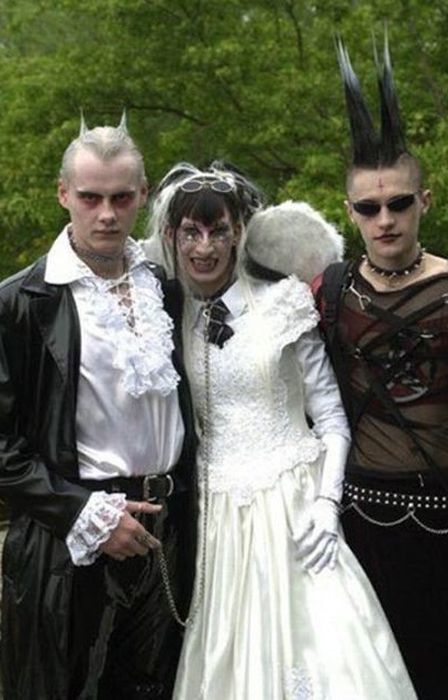

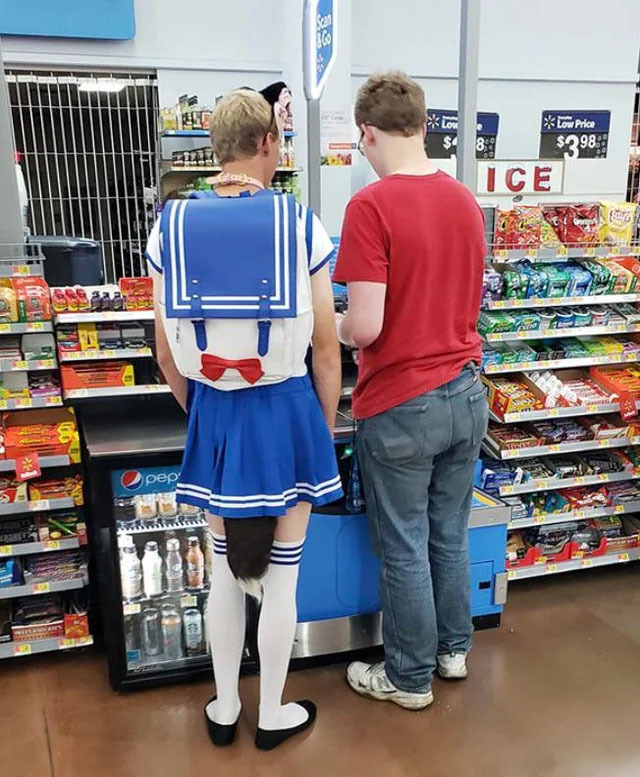






» INTRO TO WORD SMARTS
» PINTEREST ICONIC COMIX
» HISTORY FACTS * Gold wasn't always the top Olympic medal *
» Word Genius Word of the day * occlude *
» JULY NATIONAL CELEBRATION DAYS JULY 26 2024
» QUIZ TREAT QUIZ *Which mammal has the most powerful bite? *
» QUIZ TREAT ANSWER PAGE
» NAT GEO * The 2024 Olympics will likely be the hottest ever *
» NAT GEO * Sharks found with cocaine in their systems *
» WISE TRIVIA QUIZ *What was the first song ever played on the radio? *
» WISE TRIVIA ANSWER PAGE
» E.S.Etaski * Sister Seekers Book 10 now available everywhere! *
» WORD DAILY Word of the Day: * literatim *
» JULY NATIONAL CELEBRATION DAYS JULY 25 2024